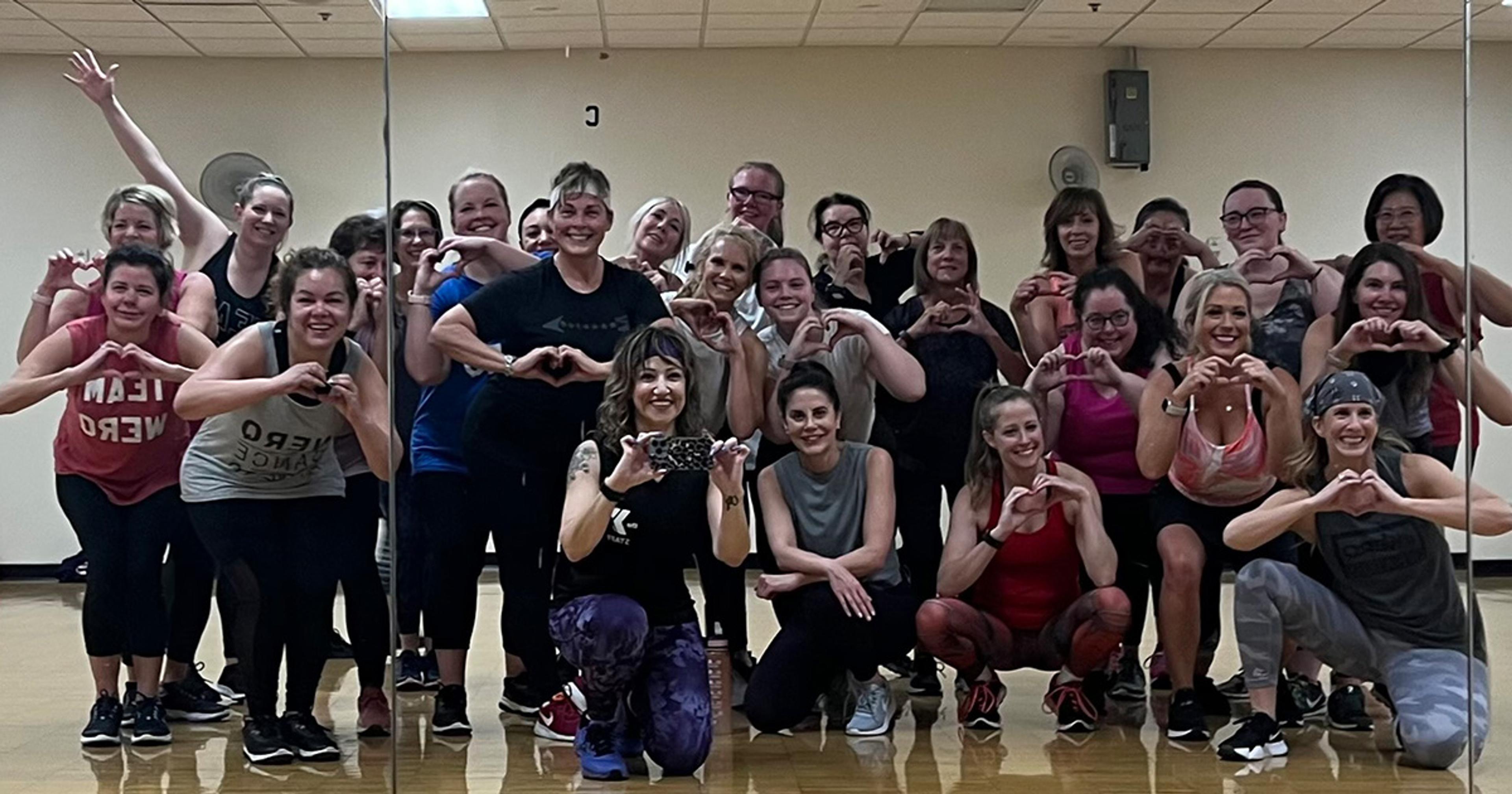How Do You Motivate Your Loved One to Get Off The Couch and Get Moving?
Jodi Davis
| 4 min read

“How can I get my spouse (or child) to exercise?” I’ve tried to come up with solutions for anyone who asks me this question, but I can never seem to find the perfect one. That’s because the answer can be as unique as that one person you want to motivate to exercise.
Can I Help and Still Avoid the Hurt?
Through the years I’ve seen that look of desperation on the faces of people who truly wish to help someone they love. Most of the time it seems to be on the face of a spouse, who honestly does not know what to do or how to make their spouse start exercising.
I recall that my husband went through the same feeling. He didn’t know what to do to get me to start exercising, so he would simply tell me, “You need to get out and exercise.” What did that do? Well, it didn’t make me want to exercise, that’s for sure. As soon as you hear the words “you need to” or “you should,” it’s not uncommon to “tune out” the person who is speaking to you.
Yes, I understand that those words are meant to help and not to hurt, but you know what? Phrases that start that way just aren’t the words that an inactive or an overweight person wants to hear — especially when they already suffer from low self esteem. Hearing those words, especially from someone that they love, can seem hurtful.
“But I only want to help her. I know she is unhappy with her current size, so if she would just make an effort, then I know that she would become healthier and lose weight!” I understand this statement when it’s explained to me from a spouse’s point of view… but I also know how it feels to be the inactive and overweight spouse.
Thinking back to my morbidly obese days and putting myself there again today for a moment, I wonder what words it would take to make me motivated to exercise. For me, it would have been nice to be asked—not told—to go for a walk. The words that follow that question would need to be something like, “It’s so nice outdoors, it would be a shame to stay indoors and not enjoy it.”
The words “you need to” or “you should” would not need to be said.
Not a Competition
One thing I hear from a lot of severely overweight people is that when they do attempt physical activity at the urging of his or her spouse, they feel they can’t keep up. If you want to encourage someone to get out and walk — walk with them and be there with them — don’t make it into a competition.
I’ve heard that sentiment from many spouses, both male and female. They’ve told me that once they do agree to take a walk, the other spouse treats it as a contest. Those “contests” often create hostility, and I don’t advise doing that. Walk at a brisk pace if you can, but don’t compete unless you’ve already decided prior to the walk that you will be challenging each other.
A solution that has been proven successful to get our kids to exercise is to plan an outing at least once a week to a place they consider fun. Visit a zoo, community or nature center, beach, water or amusement park… basically a place where they will be exercising and won’t even realize it. Honestly, just getting them off the couch and outdoors to enjoy some form of physical activity is what all parents should hope for. Again, I stress not to use those words “you need to” or “you should” when it comes to trying to get them to exercise. That will surely cause them to tune you out, believe me!
Those are some of the ways I think about how to motivate others to exercise more. What works for you? Please share your solutions so we, together, can try to motivate those we love who may need convincing that exercise is fun and essential. Their good health depends on it. I’m looking forward to hearing from you!
Photo by pixajen





